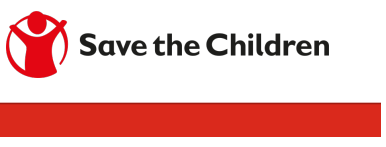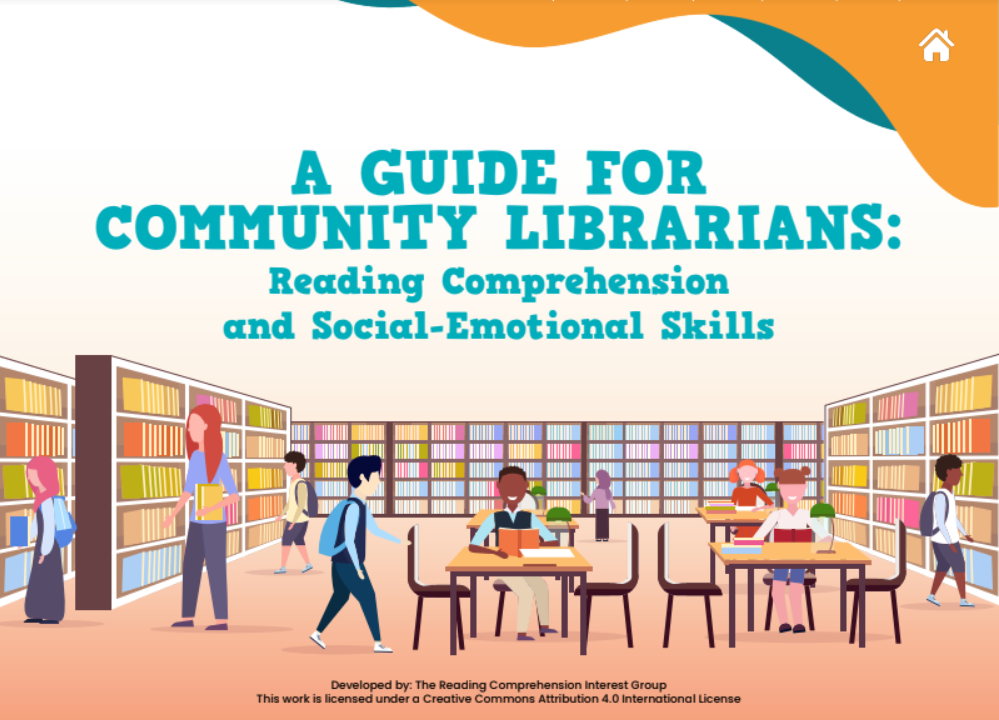World Bank, 2022
Read@Home - Embedding Track and Trace in Book Supply Chains: Final Country Report - Niger
The availability of quality textbooks is a basic requirement to enable children to learn, yet many countries are unable to ensure their young students have reliable access to these resources. Country supply chains often struggle to keep schools well supplied with learning materials, particularly in the hardest-to-reach places. Further, many children are unable to attend school at all, thereby missing out on many of the educational opportunities and programs that would otherwise be available to them. The current COVID-19 pandemic has only exacerbated these problems, as many children that would otherwise be in school are unable to access remote learning. The World Bank, through the Read@Home initiative, seeks to address these challenges by working with local education and supply systems to develop appropriate materials for home learning and deliver these materials directly to the families that need them, leveraging monitoring systems to ensure books are reaching students. In recent years, several textbook distribution and track and trace systems have been piloted to assist local supply systems in ensuring that education materials reach schools at the last mile. Through the World Bank-funded Read@Home: Embedding Track and Trace in Book Supply Chains initiative, John Snow, Inc. (JSI) and subcontractor World Education, Inc. (WEI), built on this global knowledge base by identifying a set of best practices in textbook delivery monitoring in low and middle-income countries. At the same time, the World Bank understands that context is vital in ensuring a successful supply chain monitoring system, so these best practices will have to be easily adaptable to different situations. To this note, JSI/WEI supported five target countries (Cameroon, El Salvador, Sudan, Niger, and Senegal) in understanding these best practices and adapting them to their own contexts by developing locally owned supply chain monitoring systems to ensure delivery of textbooks to the schools supporting children from families that need them most.






